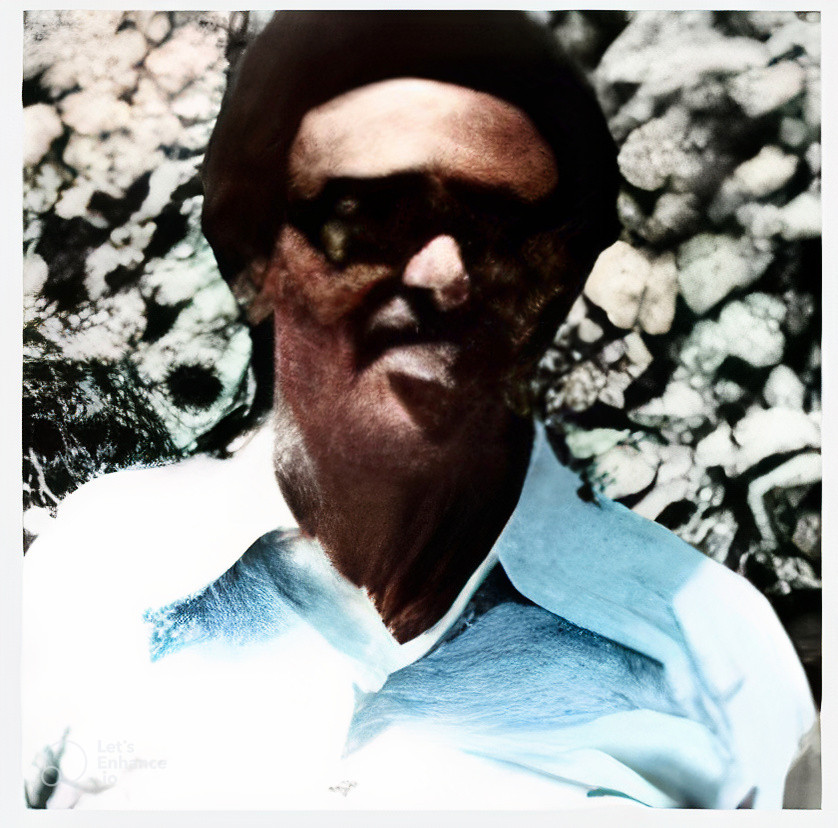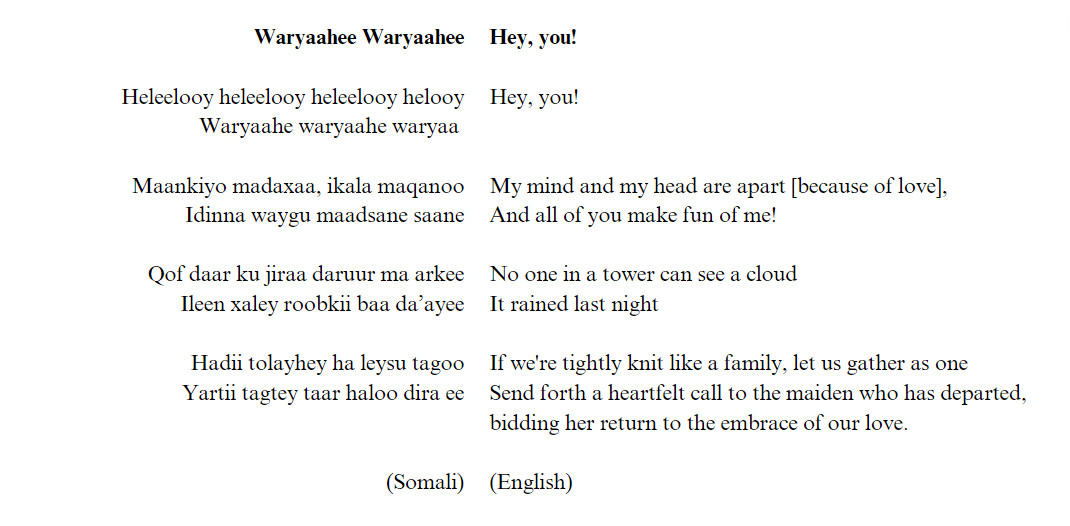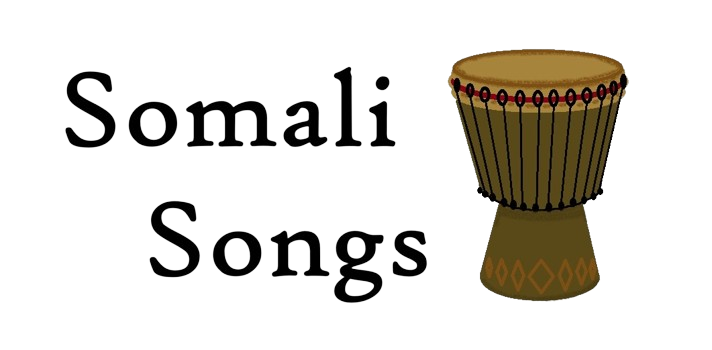Waryaahee Waryaahee
“Hey, you!”

Waryaahee Waryaahee
Poet: Nuux Warsame (first verse text)
Singer: Cismaan Maxamed “Gacanlow”
“Waryaahee waryaahee” is a traditional Somali folk song, and it beautifully represents a confluence of genres that became popular in the mid-20th century.
The verses of “Waryaahee” are an excellent example of the belwo — a short, lyrical poem — which was a form of artistic expression that became widespread in Somalia during and after World War II (Johnson, 1996). Considering the global chaos that characterized the period, it is not surprising that the word belwo has its etymology in the Arabic “balwā or balā, meaning ‘trial,’ ‘tribulation’ or ‘calamity’” (Woolner, 2019). As evidenced in the initial verse of “Waryaahee,” with text by Nuux Warsame, belwo frequently mediated on woes, passions, and tribulations, especially regarding turbulent desire — “My mind and my head are apart [because of love].”
But societal conditions soon mellowed and a new urban music scene blossomed; the ‘60s and ‘70s are called the “Golden Age of Music” in Somalia. Various new instruments, such as the tambourine, cuud (oud, ‛ūd), flute, violin and guitar (Woolner, 2023), came into popularity and accompanied the simple voice. Within the context of this musical renewal and revival, the calamitous themes of the belwo became less applicable and appropriate. The belwo genre, as a result, began to evolve into the heello. Drawing from more accepted modes of art, like the dance dhaanto and more traditional poetry, the heello transcended the negative connotations of the belwo; fairly quickly, the introductory formula “belwooy, belwooy, hoy belwooy,” transitioned into “heellooy heelleelloy” (Woolner, 2023). In “Waryaahee,” the very same “heellooy heelleelloy” opens the song, and that refrain is repeated several times in a call for the listeners’ attention.
“Waryaahee waryaahee” is a love song belonging to the sub-genre known as “qaraami (from the Arabic gharāmī, meaning ‘amorous’ or ‘passionate’), [which] represent some of the earliest instantiations of heello” (Woolner, 2019).
Farxaan Qalinle performs “Heleelo” on Astaan TV, 2020
Cismaan Maxamed “Gacanlow” performs qaraami song “Heleeloy” with kaban (oud) and violin

